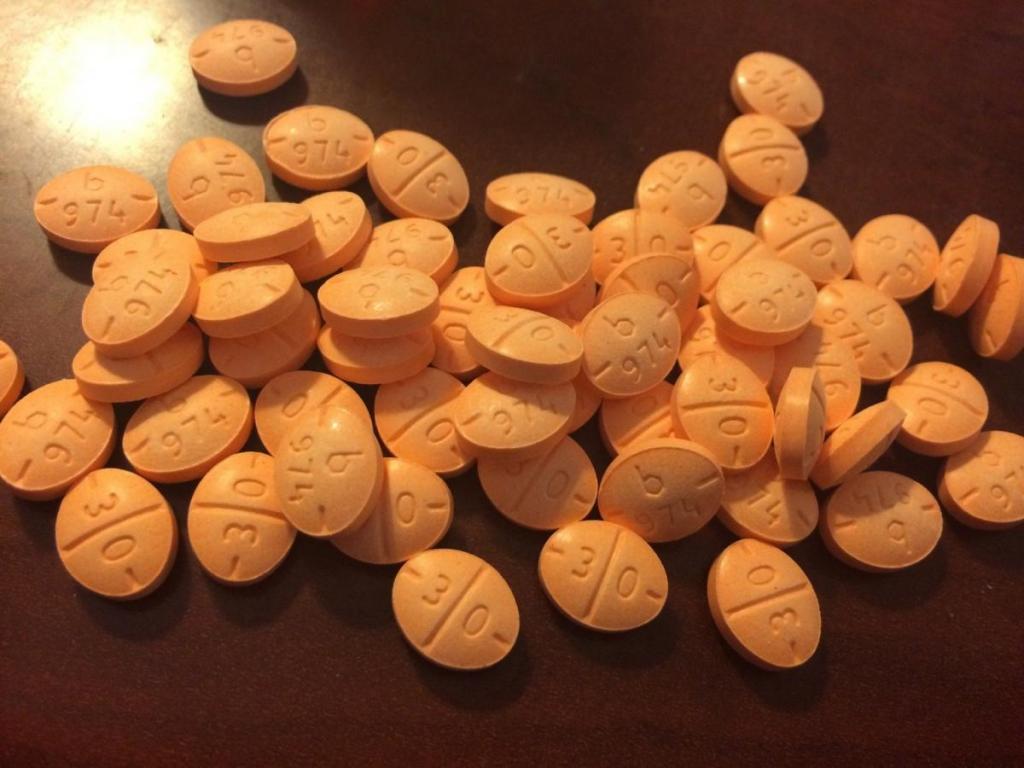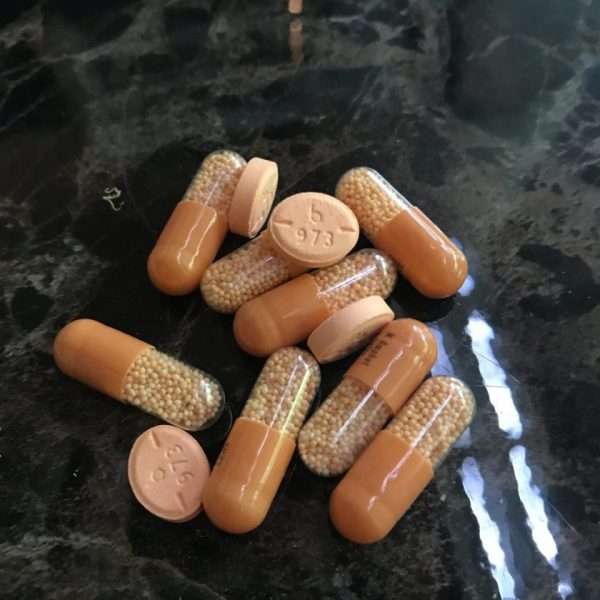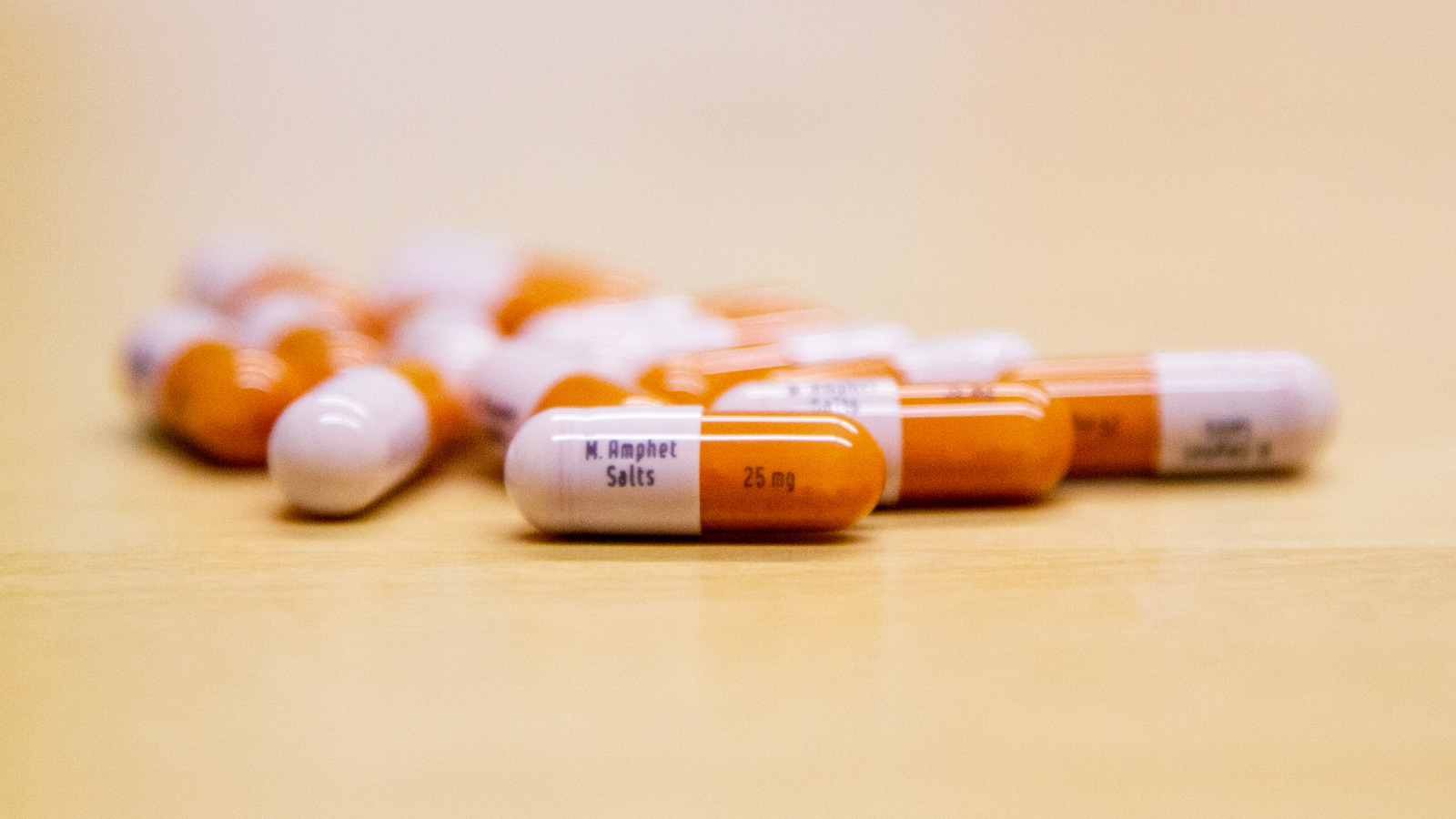College Students and Drug Use: Identifying the Warning Signs

The Growing Concern of Drug Use Among College Students
Drug use among college students has been a growing concern in recent years. With the pressures of academic success, social dynamics, and personal challenges, many students resort to substances as a way to cope. Whether it’s prescription medication, recreational drugs, or alcohol, substance abuse is becoming more prevalent on campuses across the globe. While many students experiment with drugs, the consequences can be severe and long-lasting. Recognizing the early signs of drug use is essential in helping students get the support they need before their habits escalate.
Substance abuse in college students can lead to a myriad of problems, including impaired academic performance, strained relationships, and mental health issues. Understanding the warning signs of drug use and knowing where to seek help can make all the difference in a student’s journey toward recovery.
Behavioral Changes: The First Red Flags
One of the most noticeable signs of drug use in college students is a sudden change in behavior. Students may become more withdrawn, irritable, or unmotivated. They might skip classes, avoid social interactions, or show a lack of interest in activities they once enjoyed. These behavioral changes can often be attributed to the effects of drug use, such as mood swings, fatigue, or difficulty concentrating.
It’s also important to watch for erratic behavior that’s out of character. Students who have never been prone to risk-taking may begin to engage in reckless activities, such as driving under the influence or participating in dangerous behavior. These changes in behavior are often the first indication that a student may be using drugs and should be addressed immediately.
Physical Symptoms: The Toll Drugs Take on the Body
Drug use often manifests physically as well. College students may exhibit physical symptoms such as bloodshot eyes, frequent nosebleeds, or unsteady movement. They may experience sudden weight loss or gain, changes in appetite, and disruptions in sleep patterns. These physical changes are often linked to the substances they are using and can have serious long-term consequences for their health.
If a student begins to neglect their physical appearance, such as wearing unkempt clothes or failing to practice good hygiene, it could be a sign that their focus is shifting towards drug use. The physical toll that drugs take on the body can be alarming, but with intervention, the student can begin to recover and regain their health.
Academic Struggles: Falling Behind in Schoolwork
Another significant indicator of drug use is a sudden decline in academic performance. College students who were once motivated and excelling in their studies may begin to show a sharp drop in grades, miss deadlines, and skip exams. Drug use can impair cognitive function, making it difficult for students to concentrate, remember important information, or complete assignments on time.
Students may also begin to rely on substances like stimulants or prescription drugs to enhance their academic performance, but this can lead to dependence and addiction over time. If academic struggles are coupled with other warning signs, it’s crucial to seek help from professionals to address both the drug use and any underlying mental health issues.
Emotional and Mental Health Changes
Drug use can have a significant impact on a student’s emotional and mental health. Many students use drugs to self-medicate feelings of anxiety, depression, or stress. As a result, students may begin to display symptoms of mental health disorders, such as mood swings, increased anxiety, or withdrawal from their support network. This can create a vicious cycle, as drug use worsens mental health issues, and vice versa.
If a student becomes increasingly depressed, anxious, or paranoid, it’s important to intervene before their mental health deteriorates further. Seeking support from a psychiatric hospital in Mumbai can help students address both the drug use and the mental health challenges they are facing. Mental health professionals can work with students to provide the care and resources they need to overcome their substance abuse and emotional struggles.
Social and Relationship Issues
Drug use can also affect a student’s relationships with friends, family, and peers. As drug use becomes more frequent, students may distance themselves from supportive individuals, leading to strained relationships. They may prioritize their drug use over important social events, and conflicts with friends or family members can become more frequent.
Social isolation is a common consequence of addiction. Students may begin to withdraw from clubs, organizations, and other social activities they once enjoyed. The breakdown of relationships can further contribute to feelings of loneliness and depression, exacerbating the cycle of addiction.
The Role of a Psychiatric Hospital in Mumbai
If you notice several warning signs of drug use in a college student, it’s essential to intervene as soon as possible. Seeking help from a psychiatric hospital in Mumbai can provide the necessary support for both the student’s physical and mental health. These hospitals offer treatment programs that focus on the underlying causes of addiction, such as stress, trauma, or mental health disorders.
A psychiatric hospital in Mumbai can offer counseling, therapy, and medication to help students manage their addiction and the mental health issues associated with it. It’s important to remember that addiction is a complex issue that requires professional care. A treatment program tailored to the student’s specific needs can help them break free from addiction and reclaim their future.
How to Support College Students Struggling with Drug Use
If you suspect a college student is struggling with drug use, offering support is key to their recovery. Start by having an open, nonjudgmental conversation with them about your concerns. Express your love and concern, and encourage them to seek help. Let them know that addiction is a medical condition that can be treated with the right support.
In addition to professional treatment, family and friends play an important role in recovery. Creating a supportive, understanding environment can help the student feel less isolated and more motivated to seek help. Encourage them to participate in support groups, therapy, and other activities that promote their well-being.
Conclusion
Drug use among college students is a serious issue that can lead to long-term consequences. Recognizing the warning signs early can help prevent further damage and provide the student with the support they need to recover. If you suspect a student is struggling with addiction, seeking professional help from a psychiatric hospital in Mumbai can make all the difference. With the right care, students can overcome their addiction and get back on track to a healthier, more fulfilling life.




